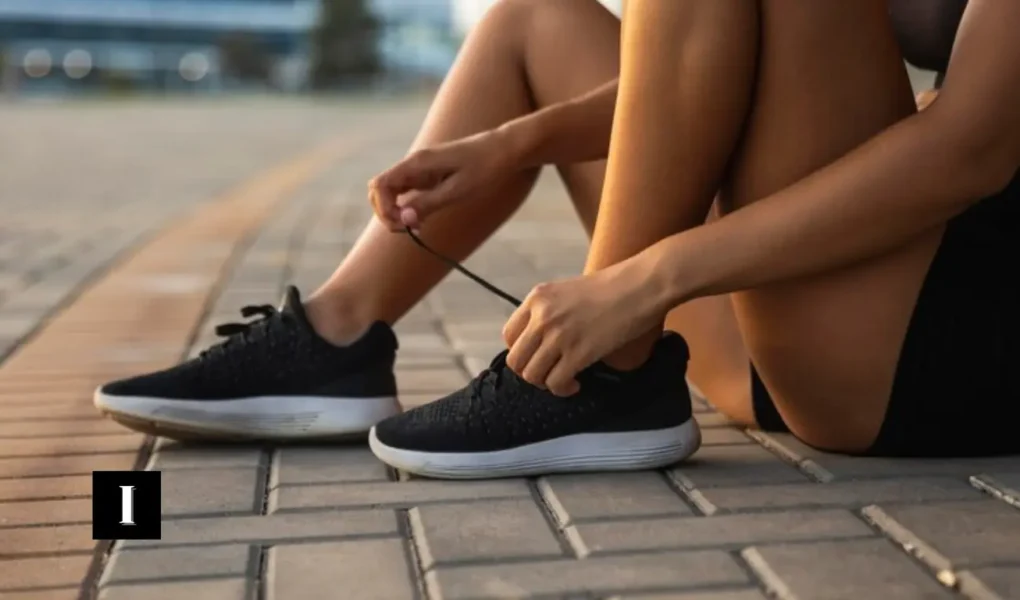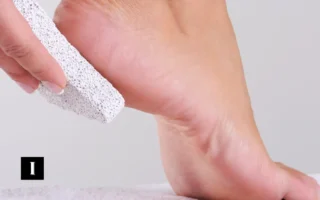We’ve all been there. You kick off your shoes after a long day, only to be met with a pungent odor that could clear a room. While the initial shock might prompt a humorous quip or a quick dash to open a window, the lingering question remains: Why do shoes stink?
Fear not, fellow shoe-wearers, for this blog delves into the science behind the stench, equipping you with the knowledge and tools to combat this olfactory assault.
What Causes of Shoe Smell?
The unpleasant odor emanating from your shoes isn’t a secret conspiracy by the footwear industry; it’s a biological process fueled by a combination of factors:
- Sweat: Our feet are home to an astonishing 250,000 sweat glands per square inch, making them the sweatiest part of our body. This sweat, while odorless itself, provides the perfect breeding ground for bacteria
- Bacteria: Bacteria naturally reside on our skin, including our feet. These bacteria thrive in the warm, moist environment created by sweat-soaked shoes. As they feed on the sweat, they produce byproducts – organic acids – that possess a distinct and unpleasant odor.
- Dead Skin Cells: Our feet shed dead skin cells throughout the day, which accumulate inside shoes. These skin cells become another food source for bacteria, further fueling their odor-producing activities.
- External Factors: Moisture from rain, snow, or even puddles can contribute to the problem by creating an even more hospitable environment for bacterial growth. Additionally, wearing shoes made from non-breathable materials like synthetic fabrics can trap moisture and worsen the odor.
How To Get Rid Of Shoe Smell?
Now that we understand the culprits behind the stink, let’s explore some effective strategies to keep your shoes smelling fresh:
1. Practice Good Foot Hygiene:
Wash your feet thoroughly with soap and water at least once a day, paying attention to the spaces between your toes. Exfoliating your feet occasionally can also help remove dead skin cells, reducing the bacteria’s food source.
2. Dry Your Shoes Completely:
After wearing your shoes, remove the insoles and allow them to air dry completely. You can also stuff your shoes with newspaper or cedar shoe inserts to absorb moisture. Avoid using heat sources like dryers, as they can damage the shoes.
3. Rotate Your Shoes:
Don’t wear the same pair of shoes every day. Allow them to air out for at least 24 hours between wears to allow the moisture to evaporate and inhibit bacterial growth.
4. Choose Breathable Materials:
Opt for shoes made from natural, breathable materials like leather or canvas. These materials allow air to circulate, preventing moisture buildup and reducing the appeal of your shoes to odor-causing bacteria.
5. Utilize Antibacterial Sprays:
Look for sprays formulated with antibacterial ingredients that can help kill bacteria and neutralize existing odors. However, remember, these sprays are not a substitute for proper foot hygiene and shoe care.
6. Invest in Shoe Deodorizers:
Consider using shoe deodorizers or inserts containing baking soda or activated charcoal. These products absorb moisture and neutralize odors.
7. Deep Clean Your Shoes (Occasionally):
For heavily soiled or smelly shoes, a more thorough cleaning might be necessary. Depending on the material, you can hand-wash them with a mild detergent or use a washing machine on a gentle cycle. Always follow the care instructions specific to your shoes.
Conclusion:
By understanding the science behind shoe odor and implementing these simple strategies, you can effectively combat persistent shoe stench. Remember, consistency is key! Make sure to incorporate these practices into your routine for long-lasting freshness. So, the next time you kick off your shoes, you can do so with confidence and a sense of olfactory relief. After all, your shoes shouldn’t be known for their ability to clear a room, but for their comfort and style.
Also Read: Your Best Guide to Smelling Great Everyday!



